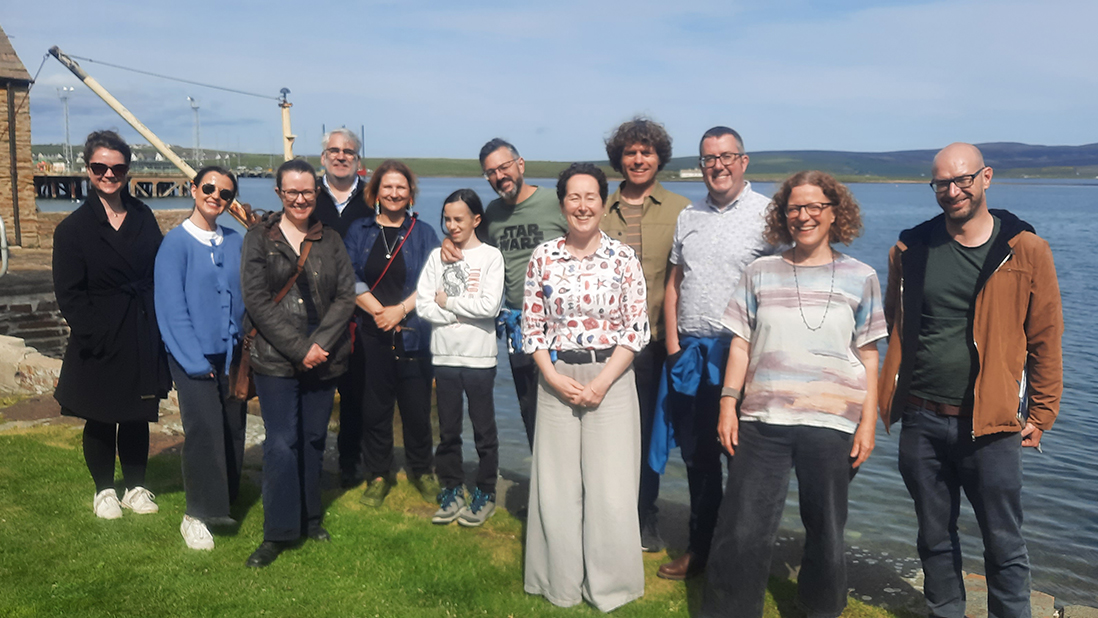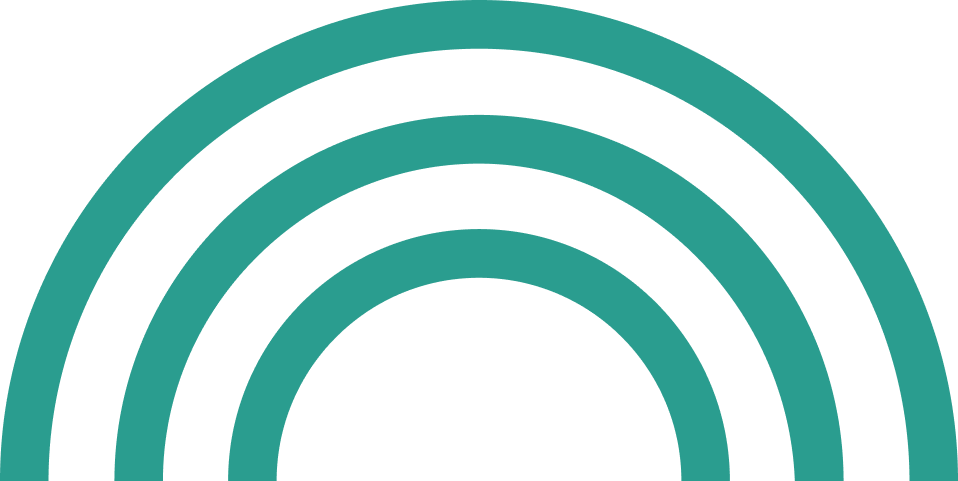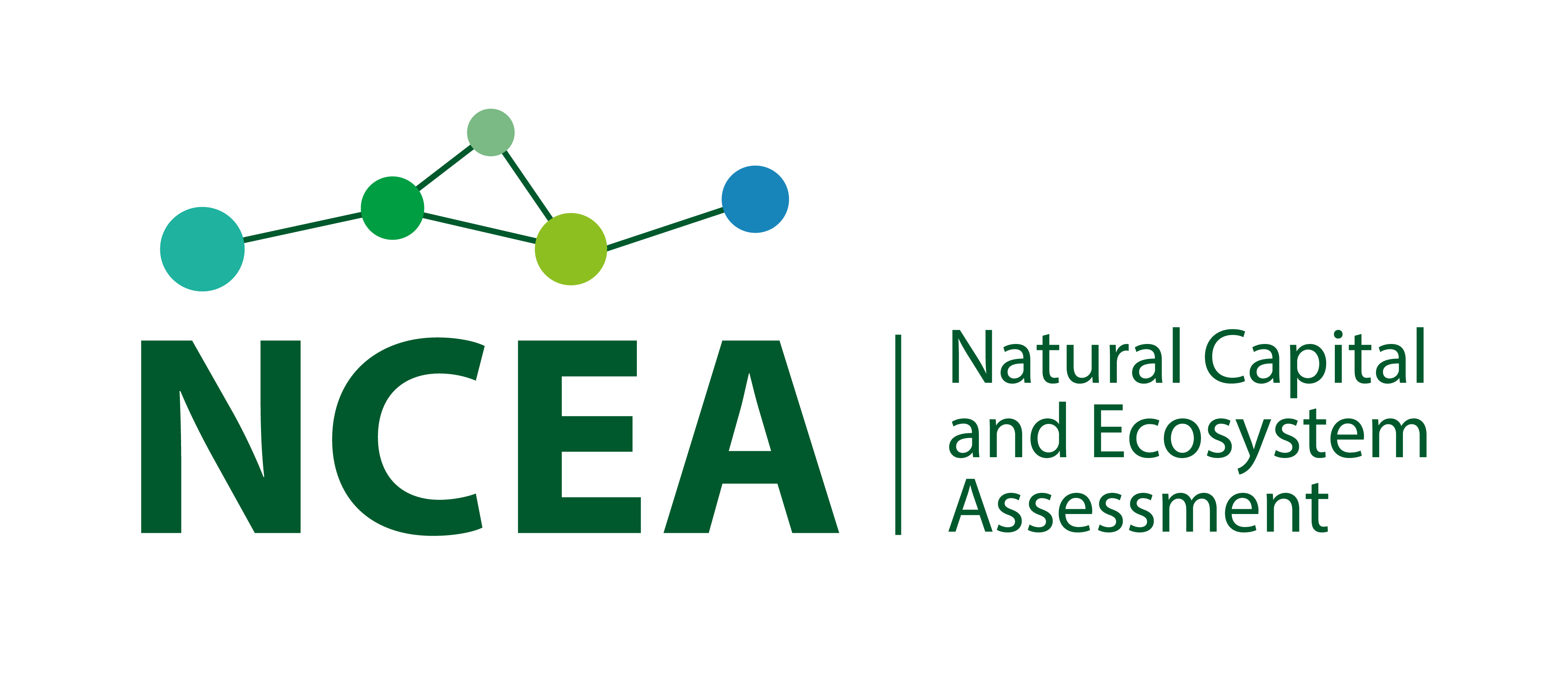Assoc Prof Karen Alexander, Project lead for TRANSitions In Energy For Coastal Communities Over Time And Space (TRANSECTS), reports on their second Annual Meeting. The whole research team gathered in Stromness, Orkney (and online) to reflect on progress, share insights and plan the road ahead.
Meeting Sessions
Held at the International Centre for Island Technology, Heriot-Watt University Orkney campus on 18-19 June, the meeting featured several interactive sessions:
- Workshop 1: Exploring the concept of coastal resilience as it relates to the TRANSECTS project – this workshop featured group discussions and activities to explore how the individual work packages and their outputs, and how the project as a ‘sum greater than its parts’, could contribute to increasing coastal community resilience.
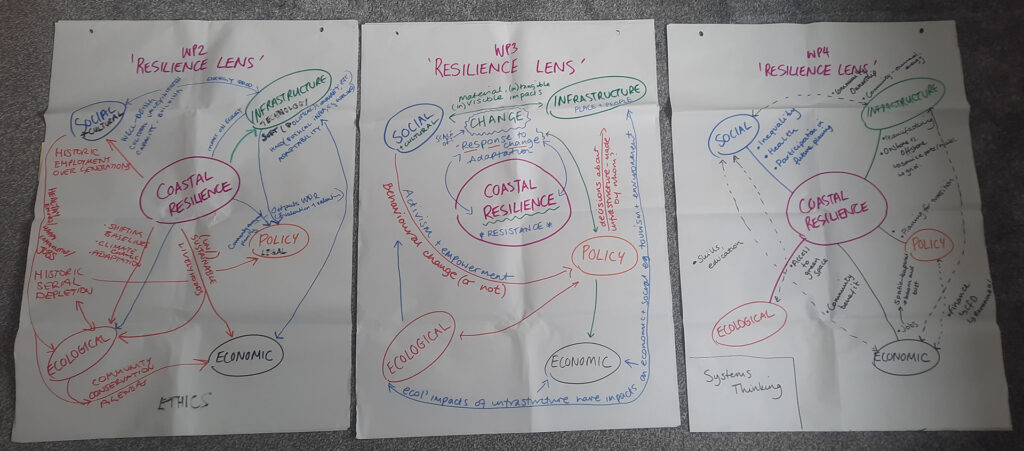
- Workshop 2: WP2 Natural Capital Approach – This session explored links between the natural capital approach and other relevant frameworks (such as 5-capitals and ecosystem services framings, as well as linking marine energy transitions to coastal resilience through infrastructure.
- Session 1: WP4 Just Transition Rapid Evidence Assessment (REA) and PESTLE mapping – This session familiarised team members with the REA, initiated a discussion regarding how insights from the REA can inform other work packages, and started to collaboratively map knowledge on Political, Economic, Social, Technological, Legal, and Environmental (PESTLE) factors relevant to energy transitions in the case study regions.
- Session 2: Co-developing a TRANSECTS authorship policy – This session involved a plenary discussion regarding what CRediT contributions lead to authorship and how to determine first authorship on publications.
- Session 3: Co-creating a working paper on TRANSECTS concept – This session involved working in WP groups to contribute to a team-wide working paper.
- Stromness energy transitions walk – Led by WP3, this ‘walkshop’ explored the project theme of resilient coastal communities using cultural heritage, contemporary archaeology and creative practice as a tool to think about energy transitions and how they impact coastal communities in the past and present.
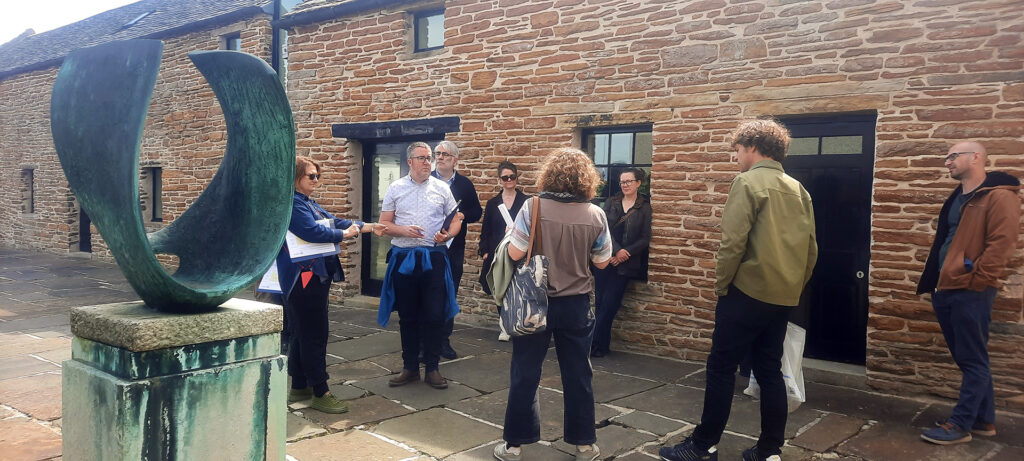
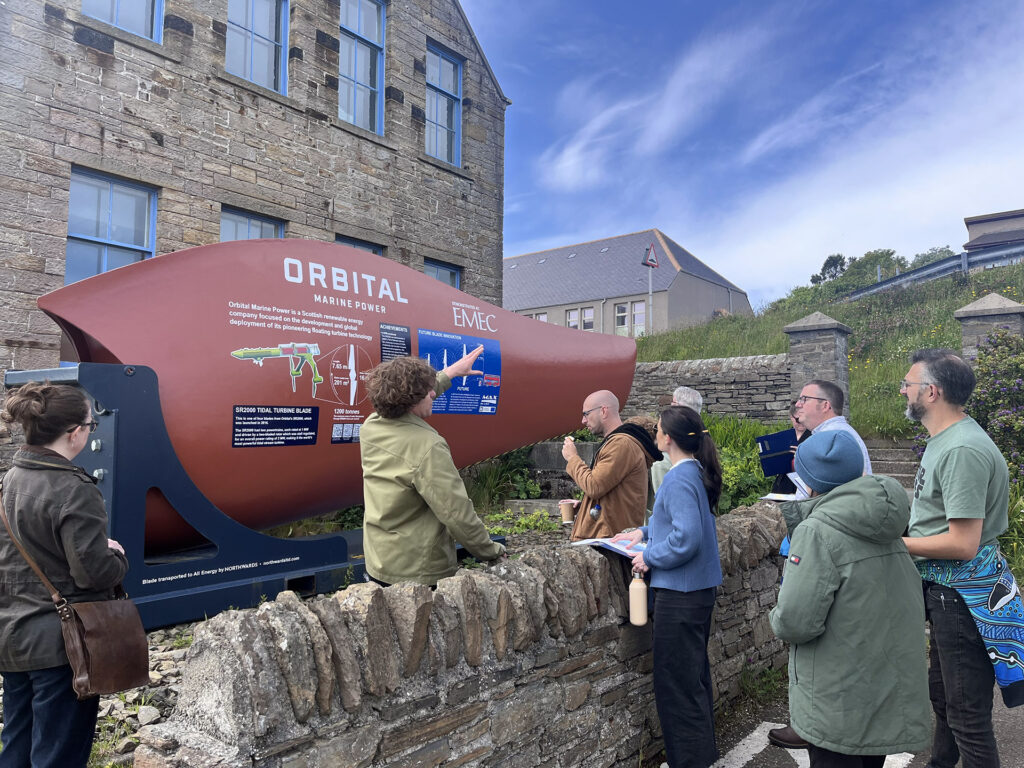
The TRANSECTS team at various energy transition points of interest in Stromness
Key Themes & Discussions
Some of this year’s discussions centred around:
- Ongoing conceptual gaps in TRANSECTS – how to address other energy sources such as coal, and how to consider other blue economy activities such as fishing
- Linkages between work packages, particularly given potential issues of overlap as it relates to stakeholder engagement and co-use of data (e.g. REA findings)
- The need to understand the key theories and concepts which influence the different disciplinary perspectives that contribute to the TRANSECTS project
Participants shared valuable feedback and ideas that will shape our next phase of work.
Collaboration in Action
One of the most energising aspects of the meeting was the spirit of collaboration. The interactive and workshop-based approach to this meeting fostered a shared commitment to advancing the TRANSECTS project. A key output from this meeting was the decision to hold more frequent whole-team online meetings to continue to build team spirit, stimulate cross-disciplinary discussions and encourage momentum.
Looking Ahead
As we move into the next year, we’re excited to:
- Kick-off our stakeholder engagement strategy
- Complete our initial Rapid Evidence Assessment of marine energy transitions and provide targeted summaries for each TRANSECTS work package
- Undertake primary and secondary data collection in our three case study locations: the Humber, Orkney, and East-coast Scotland
- Work with creative practitioners on key TRANSECTS themes
- Launch our Marine Energy Transitions Community of Practice
We’re grateful to everyone who contributed to the meeting and to the ongoing success of the TRANSECTS project.
Visit the TRANSECTS project web page and stay tuned for more updates. Thank you for being part of this journey!

